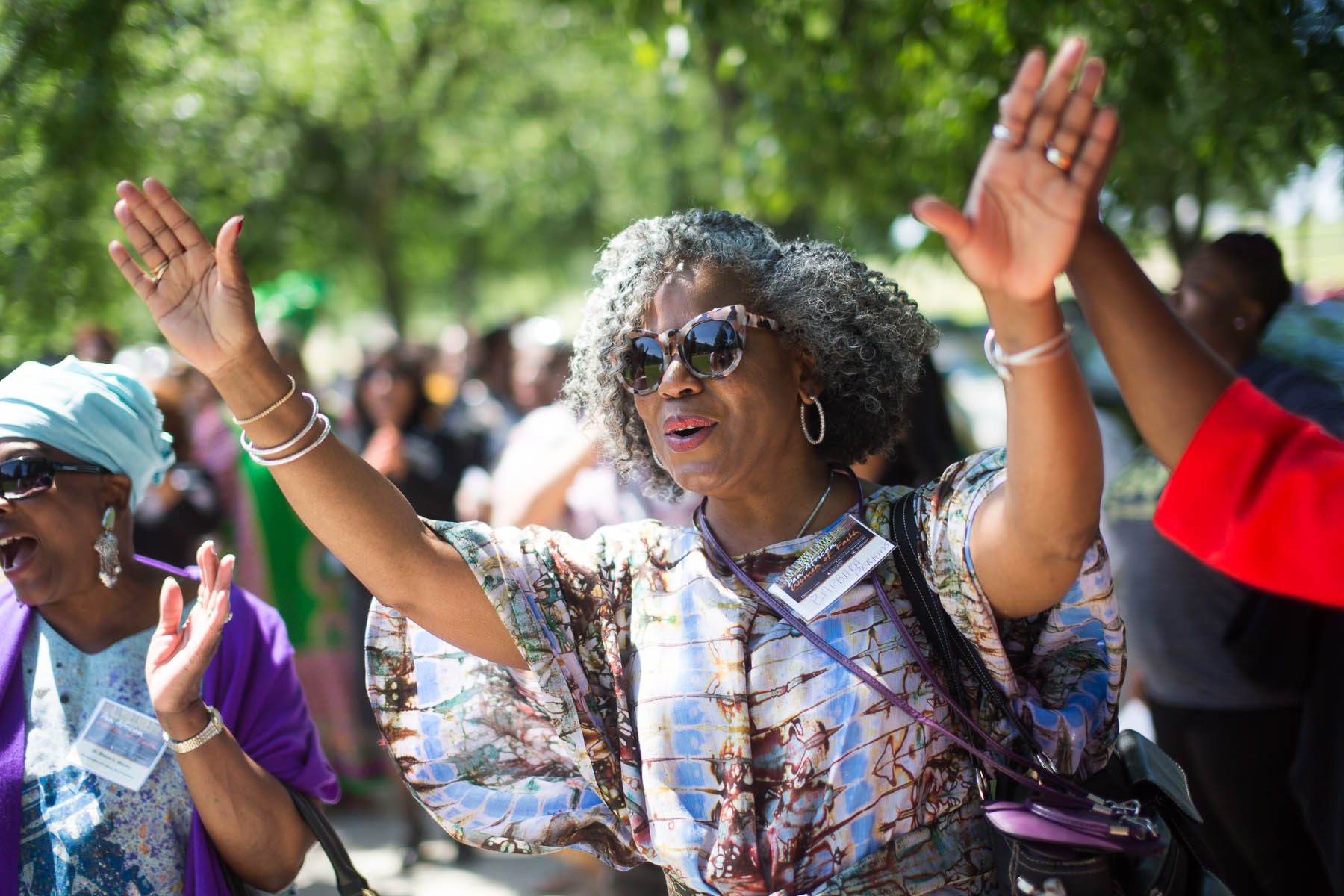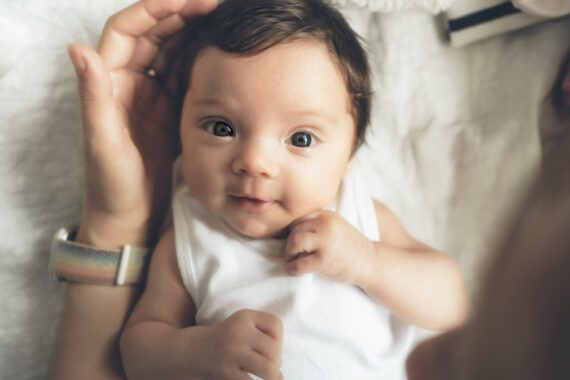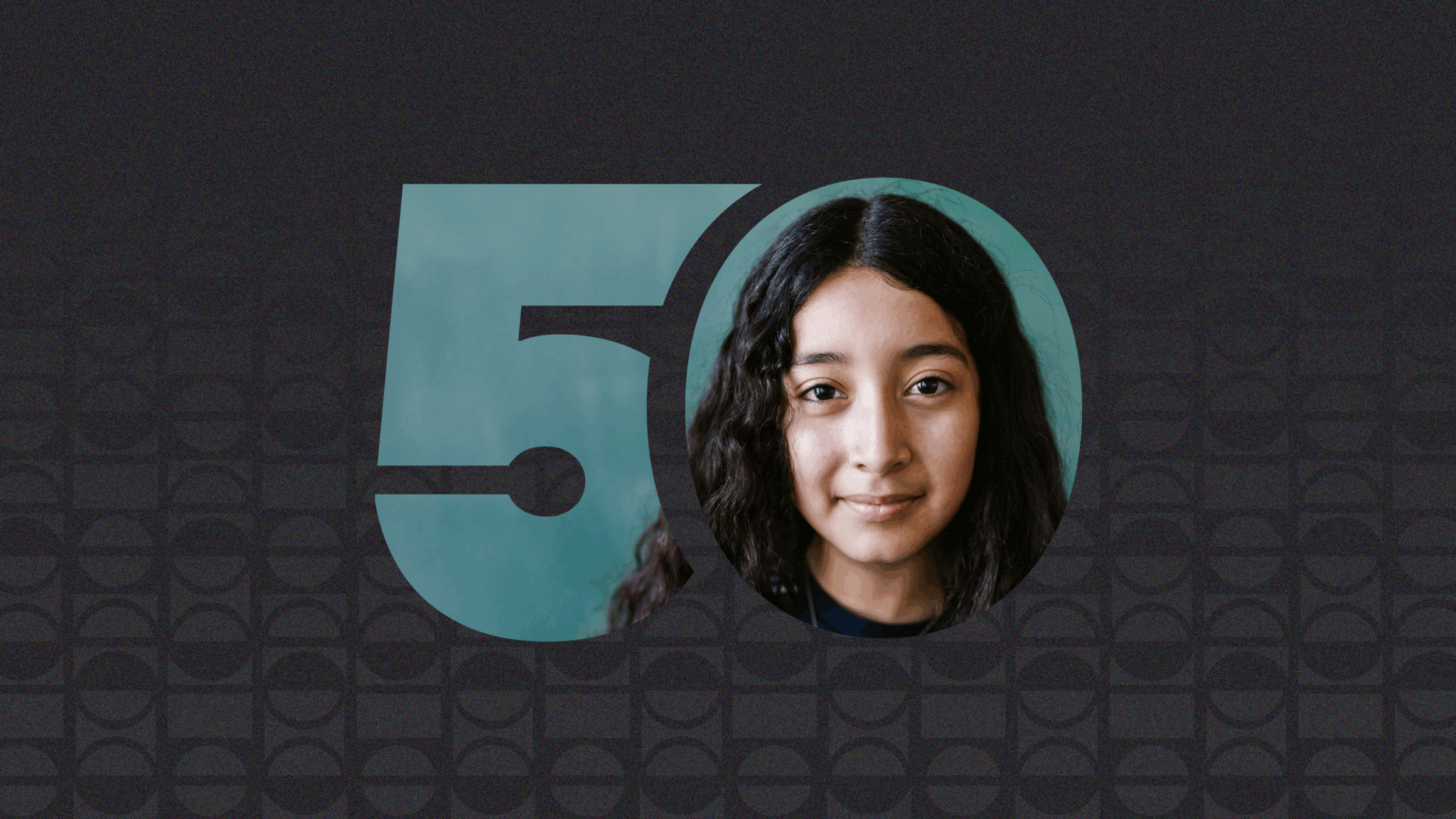By Hope Watson
A group of 110 Pan-African women gathered in our nation’s capital among the great monuments of the National Mall earlier this month. They congregated across their varied global identities of African ancestry to lift their voices and votes in the name of a social injustice: poverty and hunger.
The recent gathering was reminiscent of another gathering 53 summers ago, when 200,000 Americans descended on the nation’s capital singing freedom songs and crying out for change in the March on Washington. Among those marchers were Pan-African women of faith, answering God’s call to advocate with and on behalf of the voiceless and the disenfranchised. “The Lord will make a way, somehow,” was their rallying cry.
Minister Hazel Cherry from the U.S. attended the recent gathering, the Pan-African Women of Faith International Consultation. The June 9 to 11 event was sponsored by Bread for the World, the World Council of Churches, and Howard University Office of the Dean of the Chapel. Like many of the women attending, the issues of hunger and poverty hit close to home for Cherry. Throughout the consultation, she reflected on her mother’s financial struggles.
“She’s part of the invisible homeless population, meaning she has a place to stay, but it’s not her own. Thinking about her made the issues real for me,” she said.
Personal connections like these united each participant around the cause as they began a journey of lament, celebration, and hope.
The consultation’s first day was marked by empowerment, as songs of worship and Scriptures of praise transformed a somber U.S. Senate chamber into a holy tabernacle. The room, daily a place of decision-making for the nation’s lawmakers, was bathed in prayer for courage from elected leaders. Among those leaders was Sen. Tim Scott of South Carolina, a guest speaker at the service.
“To tell his story of poverty—he didn’t have to do that, [but] there was a spirit of embrace in those chambers that allowed him to,” said Rev. Dr. Angelique Walker-Smith, senior associate for Pan-African and Orthodox Church engagement at Bread.
Edyln Jones, from Liberia, described the experience as empowering. “Hearing the personal stories of each woman helped me know that there are others who look like me that have gone through my same struggles. They made me feel like, if they could do it, I could do it,” she said.
After the service, the women set out to visit their members of Congress, taking with them narratives of struggles overcome and battles fought, fueling their desire to affect change on the issues of hunger and poverty.
The consultation’s second day was one of pilgrimage, beginning with a visit to the African Union’s offices in Washington. Participants were formally received by Senior Political Officer Tarek Youssef. United with all 54 African nations in one room, participants were ushered into a time of consideration for their history and their role as women of faith within it.
“To begin our [pilgrimage] not with slavery, but with our history as kings and queens of Africa and a prominent African presence in the Bible was very powerful,” Walker-Smith said.
A tour of some historical sites in the city led the women in the steps of those who marched before them for an equally noble cause in this very city. The freedom songs they sang, once a cry for civil rights, became an elevated petition for government to answer to the issues of hunger and poverty.
“I was amazed at the number of people that stopped to listen to us. It was so poignant to have us walking together in solidarity,” Cherry said.
One of the last stops on the pilgrimage led participants to the steps of the Lincoln Memorial, the site of Dr. Martin Luther King Jr.’s “I Have a Dream” speech. Once a place of another era’s social justice triumph, participants felt their own power for victory over the social justice battle of their time.
“I really felt it was possible to end hunger. It’s not just day-to-day praying and hoping and wishing—it’s actually possible,” Jones said.
Hope Watson is an intern in the church relations department at Bread for the World.



